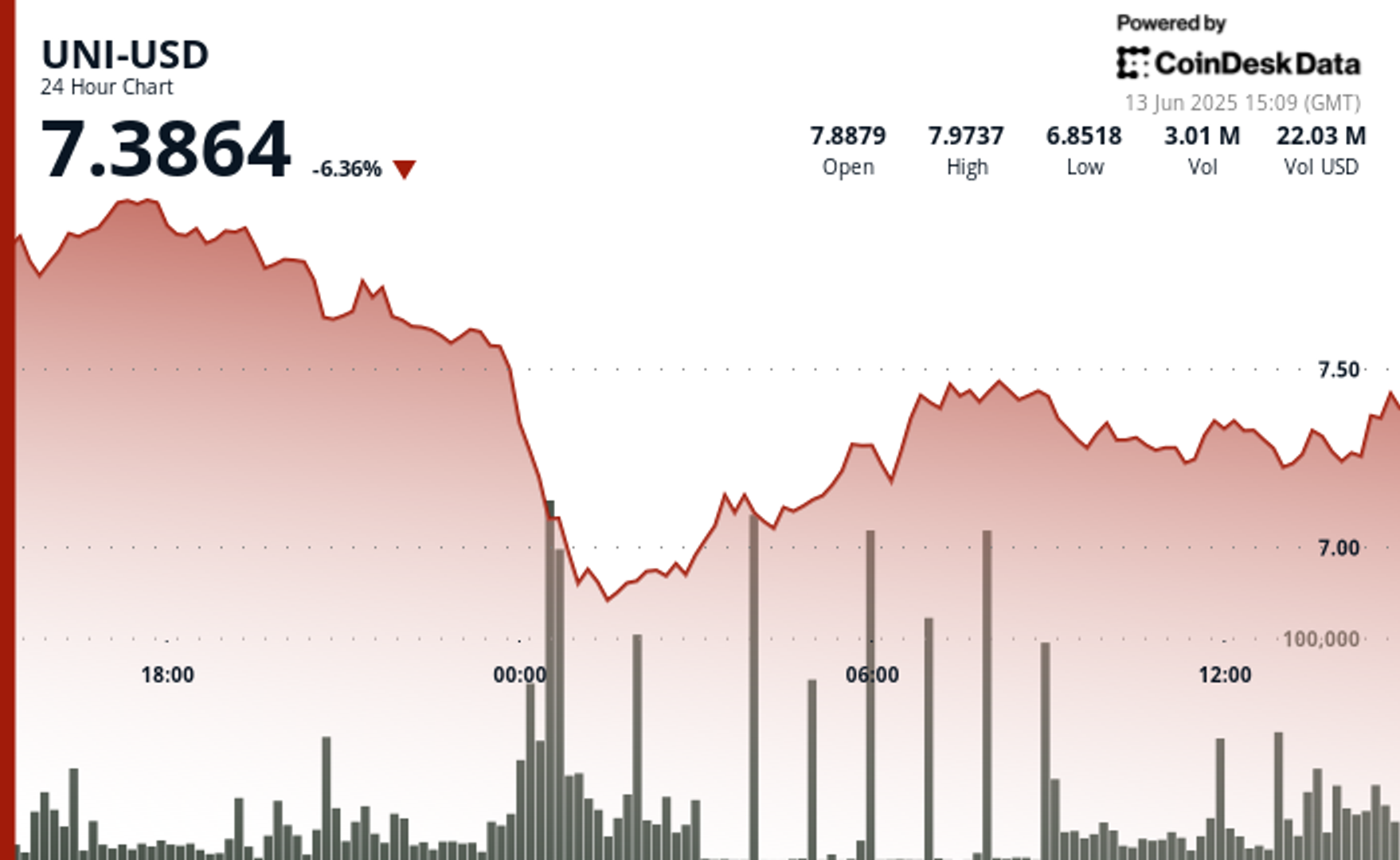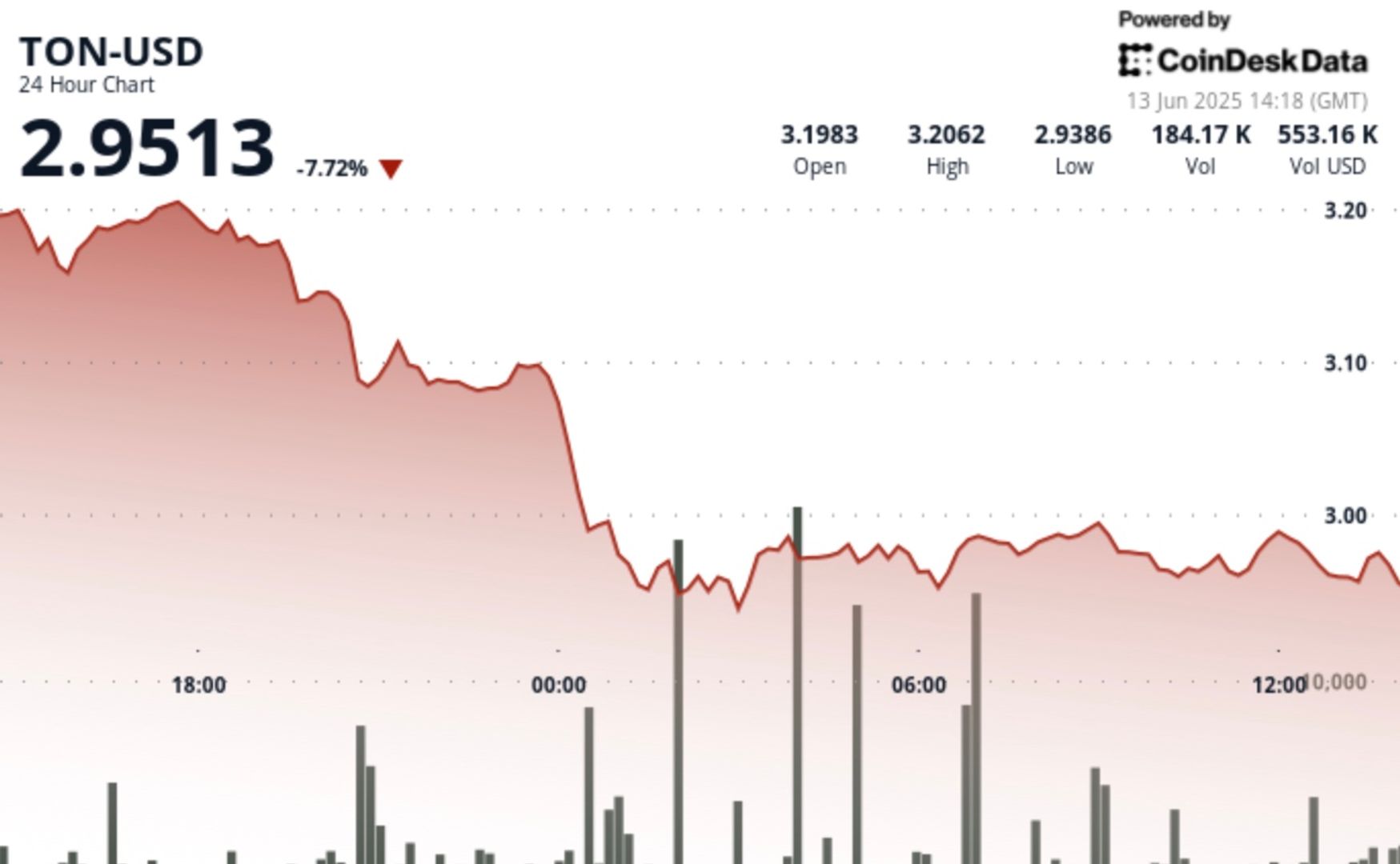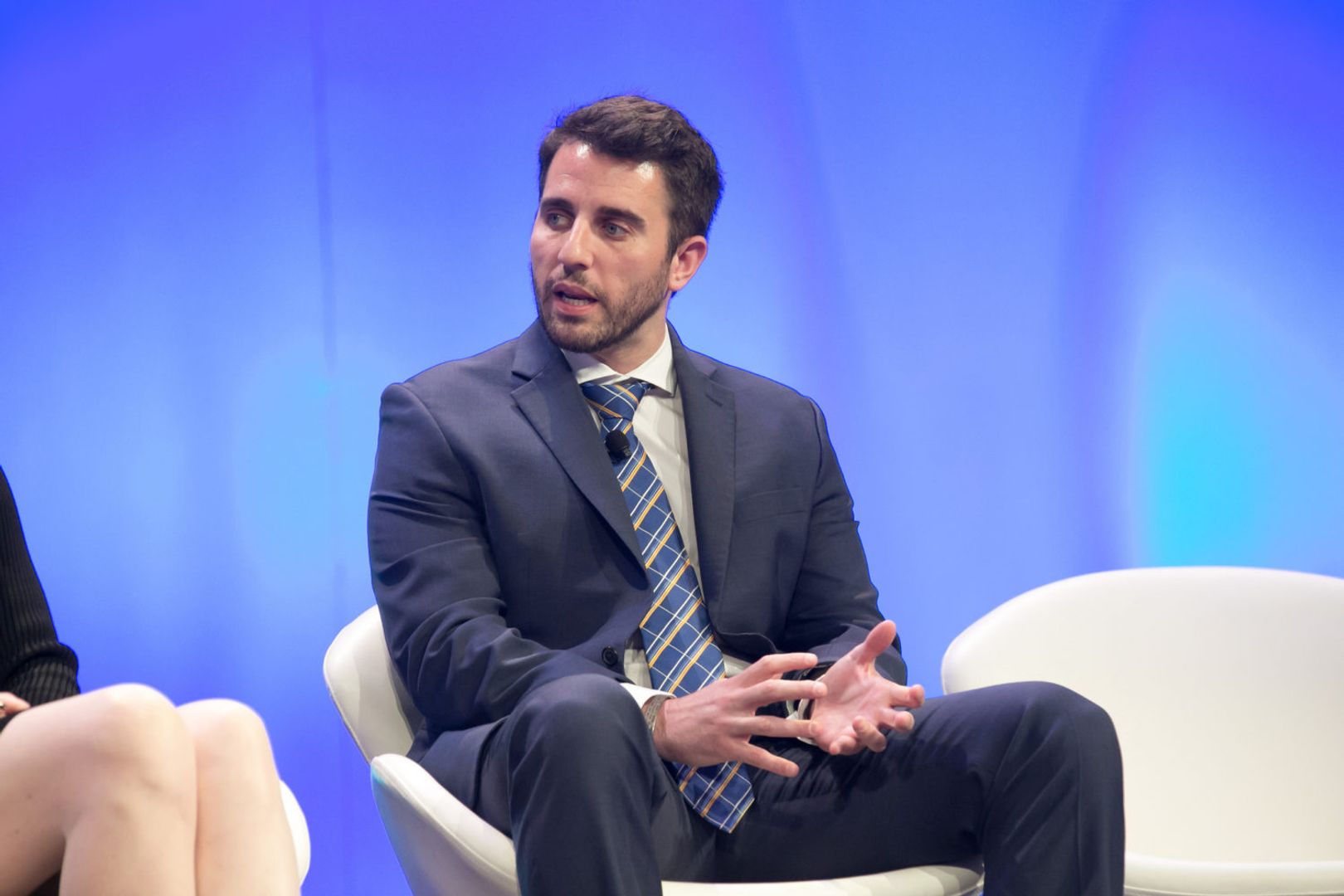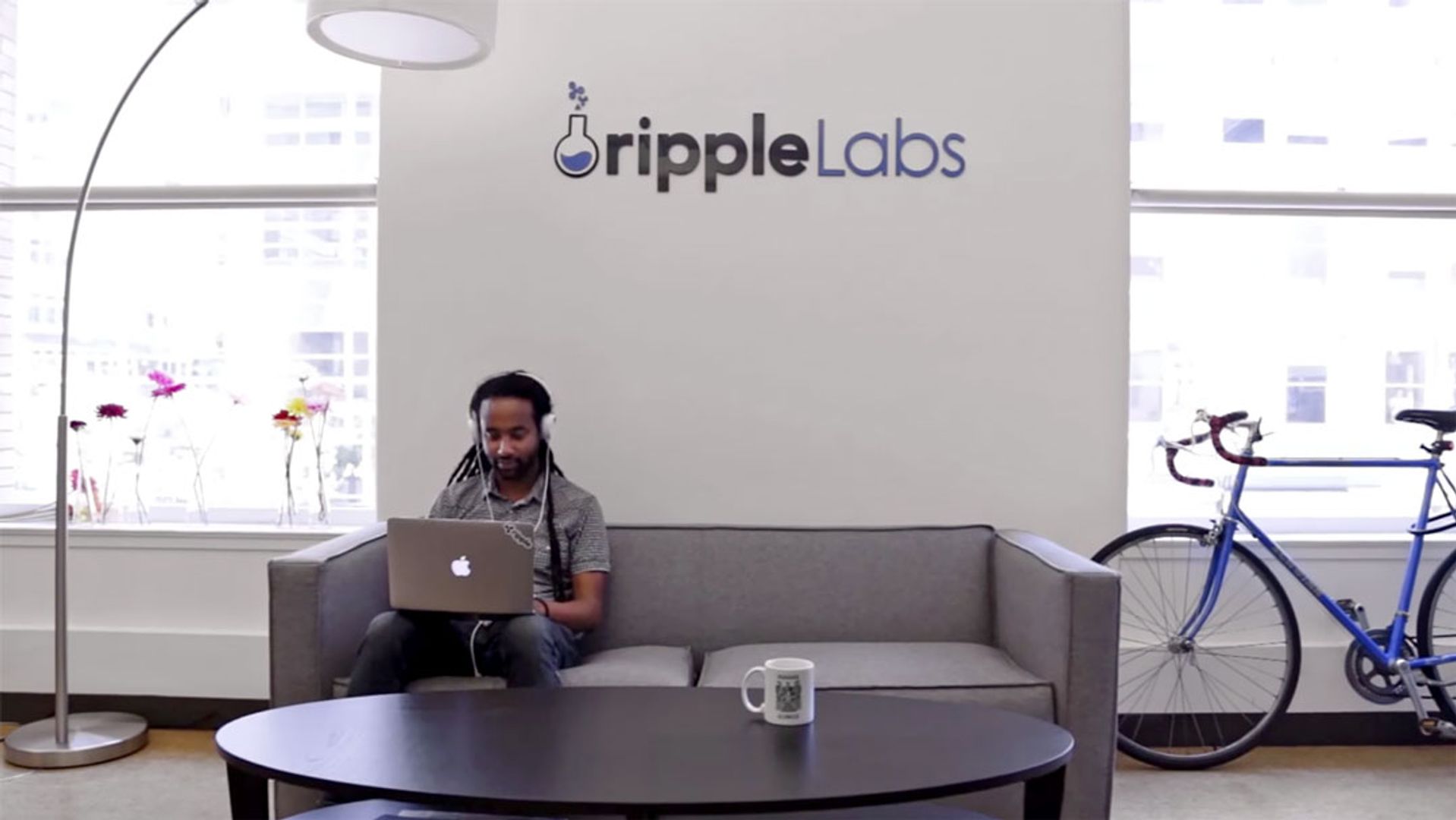Uniswap’s UNI token has experienced a 6.36% drop to $7.3864 in the last 24 hours, as traders reacted to growing geopolitical tensions sparked by a strong message from President Donald Trump....
Read moreAI
A recent report from investment bank JPMorgan suggests that expectations of a more favorable regulatory environment in the U.S. are prompting an increase in crypto companies looking to go public and...
Read moreTelegram’s native token TON saw a decrease of 8% within a 24-hour period, falling from $3.20 to a low of $2.93 due to significant selling pressure. This drop was more severe...
Read moreThe first quarter of 2025 was a standout period for U.S.-listed bitcoin mining companies, according to a research report from Wall Street bank JPMorgan. Four out of the five companies in...
Read moreAnthony Pompliano, a prominent advocate of cryptocurrency and CEO at Professional Capital Management, is slated to take on the role of CEO at ProCapBTC, a new investment entity focused on acquiring...
Read moreThe SEC and Ripple have come to an agreement to settle one of the longest legal battles in the crypto industry. A motion was filed in Manhattan federal court to dissolve...
Read moreWelcome to Asia Morning Briefing! As Asia starts its trading day, major cryptocurrencies are facing a downturn due to market uncertainty following an Israeli attack on Iran. Israel’s military carried out...
Read moreConduit, a company specializing in stablecoin-focused cross-border payments, announced a partnership with Brazil’s Braza Group to facilitate real-time foreign exchange swaps between the Brazilian real and major foreign currencies using stablecoins....
Read moreEther (ETH) struggled to maintain momentum on Tuesday, falling 0.15% to $2,758 amid selling pressure during U.S. afternoon trading on June 11. The pullback came after a brief rally to $2,872.42,...
Read moreXRP experienced a 3.7% drop in the last 24 hours, falling from a daily high of $2.288 to close near $2.260 after facing resistance at the $2.33 level. Despite showing signs...
Read more








